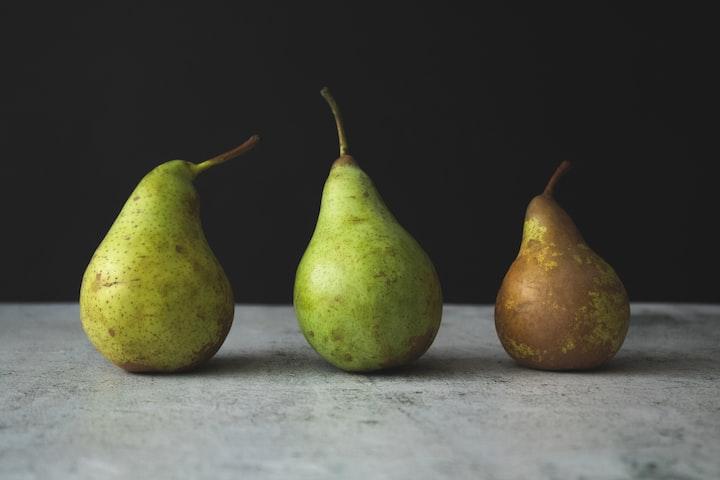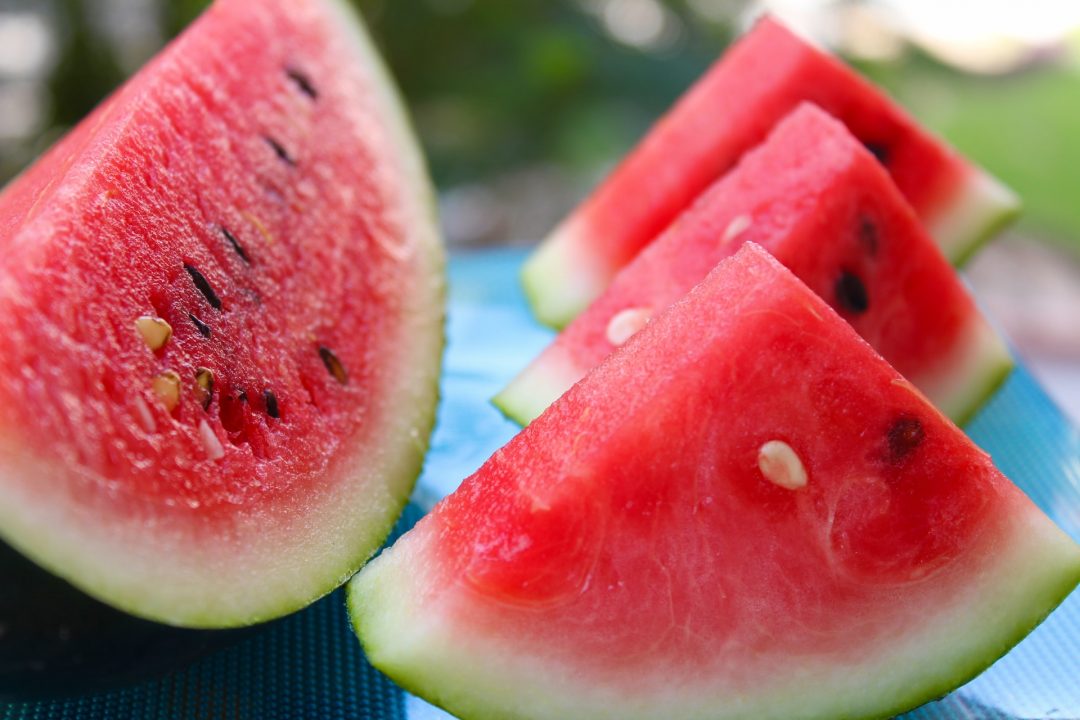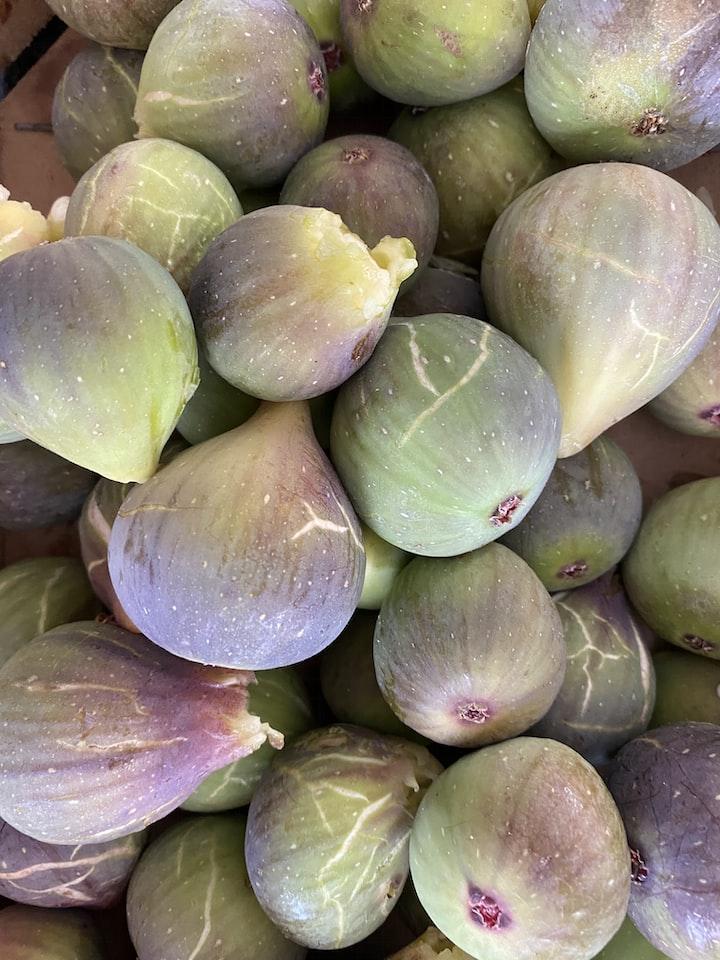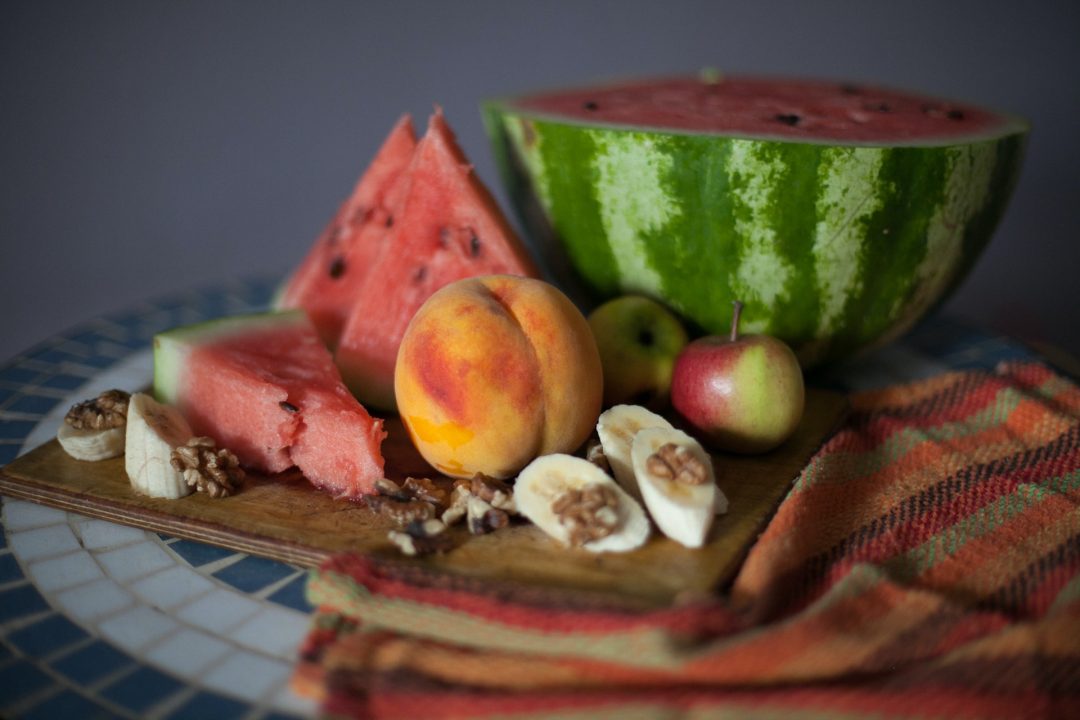Mangoes
Mangoes are a delicious, nutritious fruit that offer many health benefits.
They’re a good source of fiber: Mangoes are a good source of both soluble and insoluble fiber. Soluble fiber can help with bowel regularity and digestion, while insoluble fiber helps add bulk to stools and can also help with bowel regularity.
They’re low in calories: A single mango contains only around 135 calories. This makes them a great snack option for those watching their weight or trying to lose weight.
They contain vitamins and minerals: Mangoes are a good source of vitamins A, C, and E, as well as potassium and magnesium. These vitamins and minerals are essential for maintaining healthy skin, eyesight, bones, and muscles.
They may aid in weight loss: Because they’re low in calories yet high in fiber, eating mangoes may help you lose weight or maintain a healthy weight over time. Fiber takes longer to digest than other nutrients which can help you feel fuller for longer after eating them.. Additionally, the soluble fibers found in mangoes can trap some of the fat from other foods you eat so it isn’t absorbed into your body.
“The natural sugar in fruit is a healthier alternative to processed sugar.”
Grapes. A cup of these has about 23 grams sugar
Grapes are a type of fruit that grow on vines. They are small and round with a smooth, leathery skin. The skin can be purple, green, or yellow in color. The flesh of the grape is juicy and sweet. There are many different types of grapes, such as Concord grapes and Muscadine grapes.
Grapes have been cultivated for thousands of years. They were first grown in the Middle East and Mediterranean region. Today, they are grown all over the world in warm climates. Grapes are a popular food because they are tasty and nutritious. They contain vitamins A, C, and B6, as well as minerals such as potassium and iron.
Grapes are often eaten fresh as a snack or used in recipes for desserts, jams, and wines.
Cherries. They’re sweet, and they have the sugar to show for it: A cup of them has 18 grams
Grapes. There are about 15 grams of sugar in 2/3 cup of red or green grapes, and about 24 grams in a cup of raisins. : Bananas. A medium banana has 14 grams of sugar.: Apples. A small apple has 19 grams of sugar, while a large one has 25.: Pineapples.
When about fruit, some contain more sugar than others. For instance, cherries have 18 grams of sugar per cup, whereas grapes have 15 grams per 2/3 cup (24 grams per cup for raisins). Bananas fall somewhere in the middle with 14 grams per medium fruit. And apples clock in at 19-25 grams depending on size (small vs. large). Finally, pineapples have 16.
Sweet and aromatic: Pears

Pears are one of the most popular fruits in the world. They are also one of the most nutritious, containing high levels of fiber, vitamins, and minerals. However, pears also contain a significant amount of sugar. In fact, pears are one of the sweetest fruits available. A single pear can contain up to 18 grams of sugar. That’s more than twice the amount of sugar in a can of soda!
While pears are certainly a healthy option when it comes to fruit, they should be consumed in moderation due to their high sugar content. Those with diabetes or other conditions that require them to limit their intake of sugar should be especially cautious when eating pears.
Watermelon

Watermelon is a fruit that is loved by many for its sweetness and refreshing taste. While it is true that watermelon does have a high sugar content, there are also many health benefits that come from eating this delicious fruit.
Watermelons are an excellent source of hydration, as they are made up of 92% water. They are also a good source of vitamins A, B6, and C, as well as potassium and magnesium. Watermelons contain antioxidants that can help protect the body against damage from free radicals.
While it is best to eat watermelon in moderation due to its high sugar content, there is no need to avoid this fruit altogether. Enjoying a slice of watermelon on a hot summer day can be a great way to stay hydrated and enjoy the health benefits that this delicious fruit has to offer.
Delicious and nutritious: Figs

Figs are a fruit that is often overlooked, but they are actually quite delicious and nutritious. They are also one of the fruits with the highest sugar content. One fig contains about four grams of sugar, which is more than double the amount of sugar in a grape.
The majority of the sugar in a fig is fructose, which is a type of simple sugar. Fructose is metabolized differently than other types of sugars, and it does not cause spikes in blood sugar levels. In fact, research has shown that fructose can actually help to regulate blood sugar levels.
They are also a good source of fiber, vitamins, and minerals. They contain calcium, potassium, and magnesium, as well as vitamins A and K. The fiber in figs can help to promote digestive health and regularity.
Although they are high in sugar, figs can be part of a healthy diet when eaten in moderation. When choosing figs, look for those that are plump and have smooth skin. Avoid those that have bruising or blemishes. Figs can be eaten fresh, dried, or canned. Fresh figs are generally available from June through September. Dried figs can be found year-round.
Bananas
Bananas are one of the most popular fruits in the world and they are also one of the most nutritious. They are packed with vitamins, minerals, and antioxidants, and they are a good source of dietary fiber.
Bananas are also a great source of natural sugar. In fact, they contain more sugar than any other fruit. This is why bananas are often referred to as “nature’s candy.” While bananas do contain some sugar, they also have a lot of other nutrients that can offset the effects of the sugar. For instance, bananas contain potassium, which can help regulate blood sugar levels.
The bottom line is that while bananas may have more sugar than other fruits, they are still a healthy choice. So if you’re looking for a sweet snack that will also give you some nutritional benefits, reach for a banana!
Less Sugar: Avocados
Though avocados have a bad reputation for being high in fat, the majority of that fat is actually healthy unsaturated fat. Avocados are also relatively low in sugar compared to other fruits. In fact, a whole avocado has only about 4 grams of sugar.
This makes them a great option for those who are watching their sugar intake. However, it’s important to note that avocados are still a high-calorie food. So, if you’re trying to lose weight, you may want to limit your intake of avocados or enjoy them in moderation.
